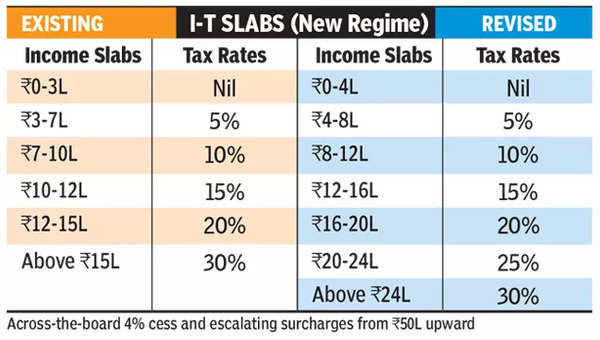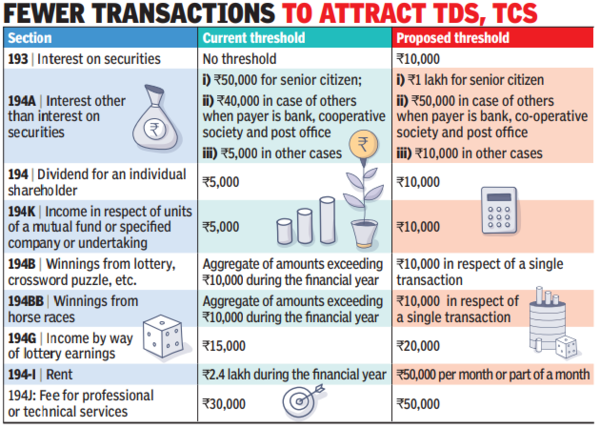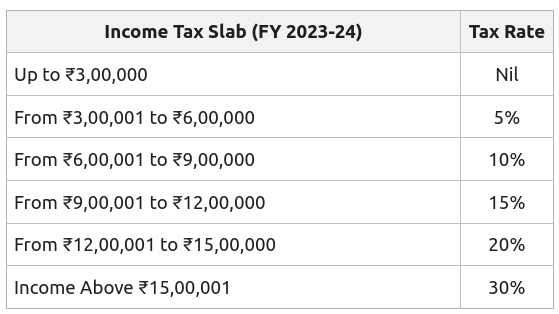1
Blog / Income Tax Bill 2025 - Taxpayers Delight !!
« Last post by D. Saha & Co. on March 06, 2025, 05:21:33 pm »Income Tax Bill 2025 : Taxpayers Delight !!
- Part Two.
# The new Bill shows a notable reduction in textual volume when juxtaposed with the existing Income Tax Act, as delineated below:
• Income-tax Act, 1961
> Chapters: 47
> Sections: 819*
> Words: 5.12 lakhs
• The Proposed Act
> Chapters: 47
> Sections: 536
> Words: 2.60 lakhs
* Note: This figure pertains to effective sections.
Additionally, approximately 1,200 Provisos and 900 Explanations have been excised.
# A 'tax year' refers to a twelve-month period encompassed within a financial year. It supersedes the term 'previous year' as utilized in the Income-tax Act, 1961. Furthermore, with the cessation of the term 'assessment year' in the proposed Income-tax Bill, the term 'tax year' will now be consistently employed in connection with the applicable income tax rates. Additionally, assessments related to income or total income will be conducted for a "tax year."
# The proposed Bill introduces no alterations regarding the incidence of taxation or the methodology pertaining to the clubbing of income.
# The language within the provisions has been simplified, and redundant clauses have been eliminated. Additionally, clarity has been enhanced wherever feasible, and a formula has been introduced to facilitate understanding and certainty in computation.
# The Bill serves to elucidate India's position concerning the interpretation of terms within tax treaties. Proposed Section 159(7) stipulates the following:
• In circumstances where a term is defined in both the agreement and the Bill, the definition contained in the agreement shall take precedence.
• If a term is included in the agreement but is not defined within it, yet is defined in the Bill, the definition provided in the Bill, or any clarification issued by the Central Government, shall be adopted, effective from the date of the agreement.
• In the event that a term is present in the agreement but is not defined within either the agreement itself or the accompanying Bill, its interpretation shall be consistent with any notification issued by the Central Government. Such interpretation shall take effect from the date of the agreement.
• In scenarios where a term appears in the agreement but lacks a definition in the agreement, the Bill, or any notification, it shall be construed according to any applicable Act of the Central Government pertaining to taxation, or in the absence thereof, according to any other relevant law of the Central Government, with such interpretation applicable from the date of the agreement.
# This clarified framework is intended to reduce the likelihood of litigation and to improve the clarity surrounding the interpretation of terms within the context of tax treaties. It embodies India's current stance on tax treaties and is in accordance with international practices in this domain.
# There have been no significant changes to the tonnage tax scheme; however, the sections have been rearranged and reorganized to enhance clarity and readability. Furthermore, the modifications introduced in Budget 2025 have been appropriately integrated.
# All rights and obligations of taxpayers shall be preserved, guaranteeing that taxpayers receive their entitled refunds in accordance with the relevant regulations.
# Chapter XV of the Bill is structured into two distinct components: Part A, which addresses the Permanent Account Number (PAN), and Part B, which pertains to the submission of income tax returns. Proposed Section 263(1)(a) delineates the various categories of assessees required to file income tax returns. These assessees, as identified under Section 139 of the Income Tax Act of 1961, are categorized into several sub-sections. The proposed Income Tax Bill aims to amalgamate all categories of assessees into a single section, thereby streamlining the process for each category to identify and fulfill their obligations related to return filing.
# Exempt entities remain beneath responsibility to record go back of earnings if their general earnings earlier than allowing exemption exceeds the maximum quantity not chargeable to earnings tax.
# The deadlines for submitting income tax returns for each category of taxpayers remain consistent. These are now provided in a tabular format to enhance clarity and comprehension.
Disclaimer:- (You are advised to consult your Legal Counsel before taking any decisions. This is issued only for the purpose of public awareness and information. The Contributor or any of his employees/associates will not take any responsibility for any actions of the reader based directly or indirectly on the basis of the above Article.)
Please share your valuable suggestions/opinions/feedback.
Our e-mail id : info@kolkatataxconsultants.in
Contact nos. : 8420159817 / 9674797985

 Recent Posts
Recent Posts

